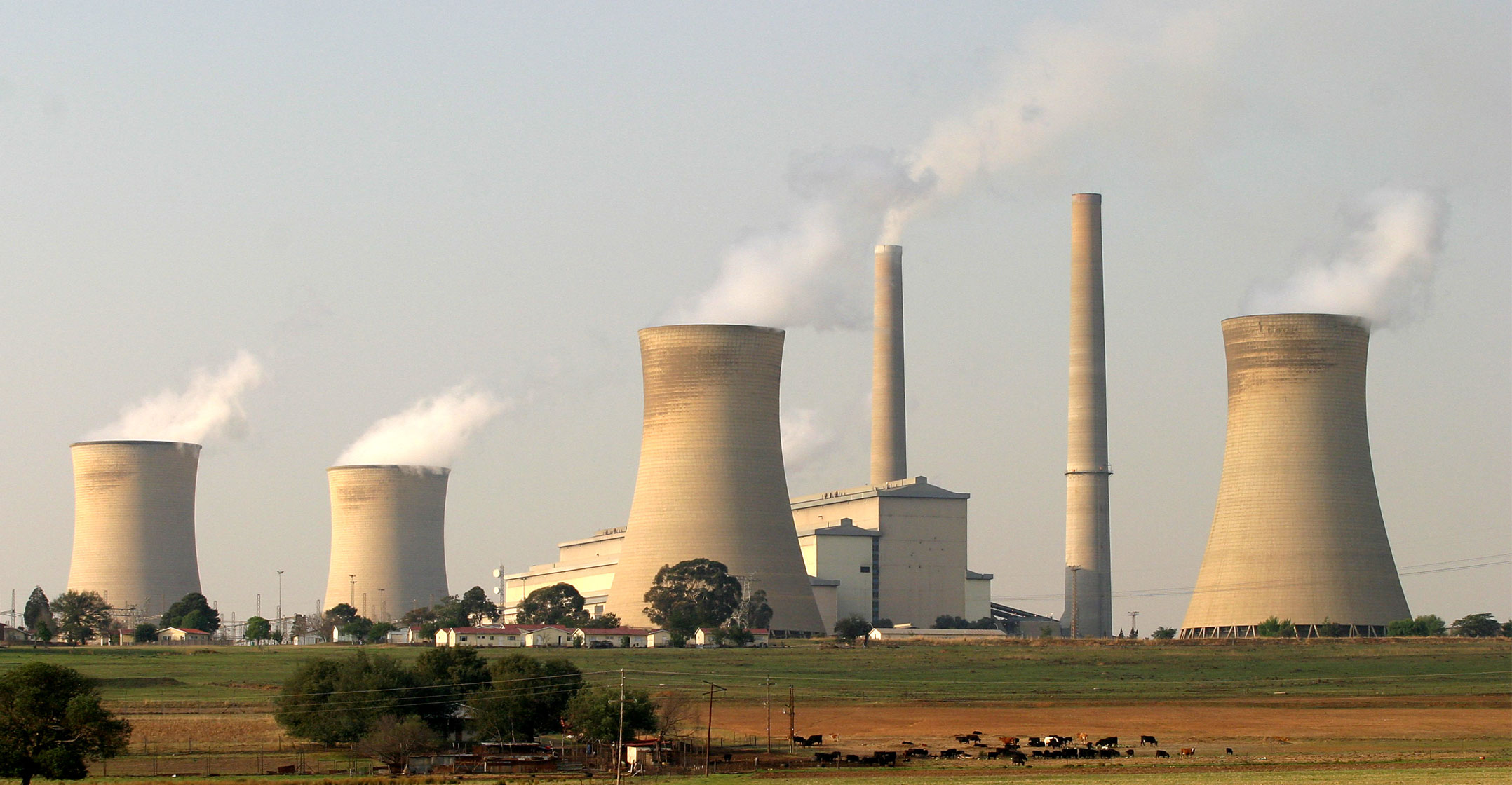
Eskom, South Africa’s biggest polluter, said emissions of particulate matter that cause chronic respiratory disease are at their highest level in two decades as the state power utility’s financial meltdown has seen it skip maintenance and has triggered strikes.
“The high emissions were mainly due to poor performance at power stations because of a lack of maintenance earlier in the year, which was exacerbated by the industrial action in June 2018,” the company said in its annual results presentation. “Plans are in place to improve both particulate emissions and water usage.”
Air pollution is becoming a key issue in South Africa. Residential areas near Eskom’s 15 coal-fired power stations have pollution levels that rival the most contaminated cities on the planet. Environmental activists are suing the government over breaching the constitutional right to clean air because of emissions from Eskom and chemicals company Sasol.
While the rise in pollution mainly came from the Kendal and Tutuka power plants, two of Eskom’s biggest, equipment that catches the particles, known as fabric filter bags, was damaged at four plants. Poor quality coal also heightened emissions at three stations.
The company’s particulate emissions surged to a measure of 0.47kg/mWh sent out in the year to 31 March, almost double the 0.27kg in fiscal 2018 and well above a 0.33kg target. Water consumption jumped 8% to 1.41l/ kWh sent out. — Reported by Antony Sguazzin, (c) 2019 Bloomberg LP




